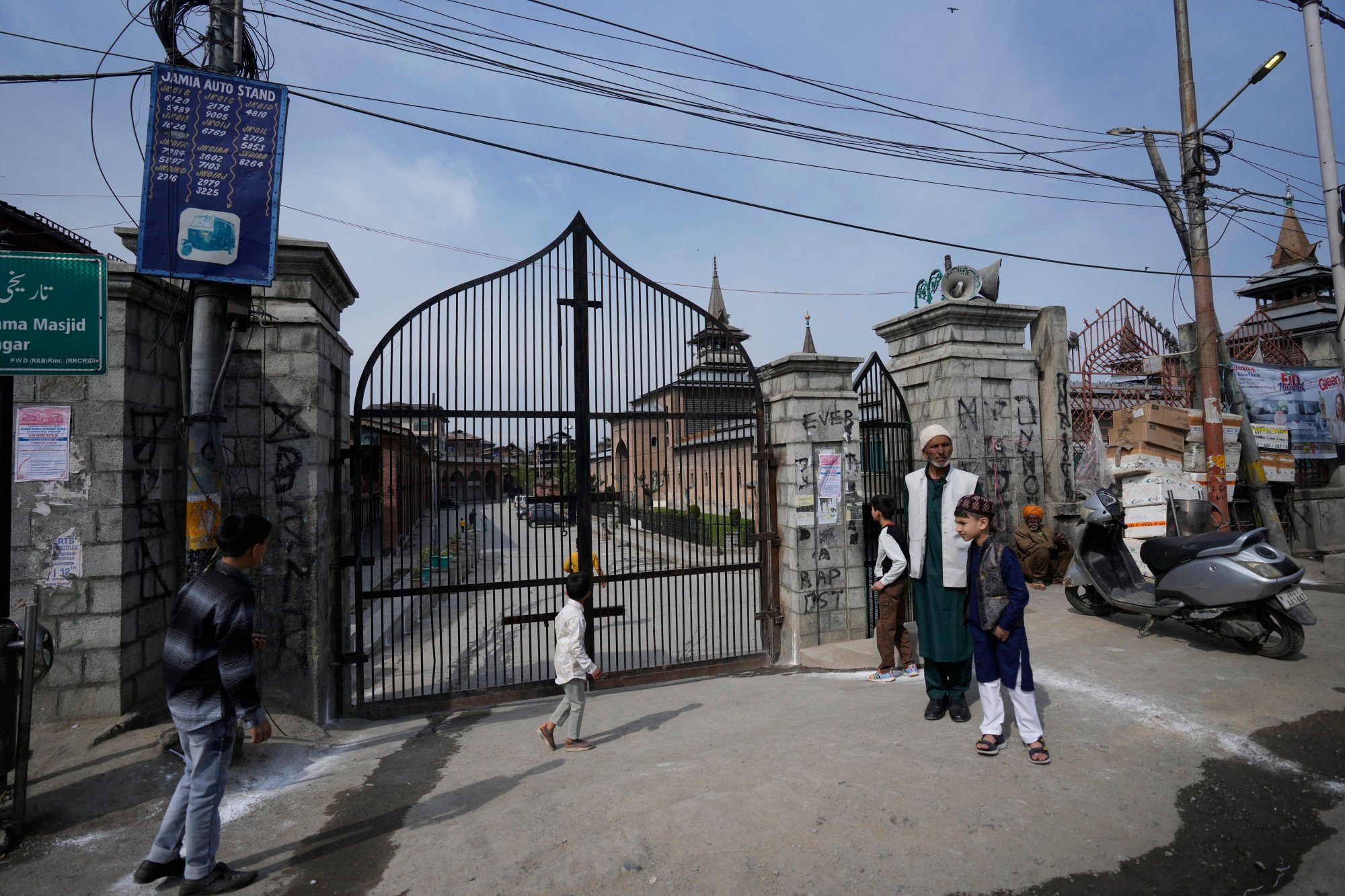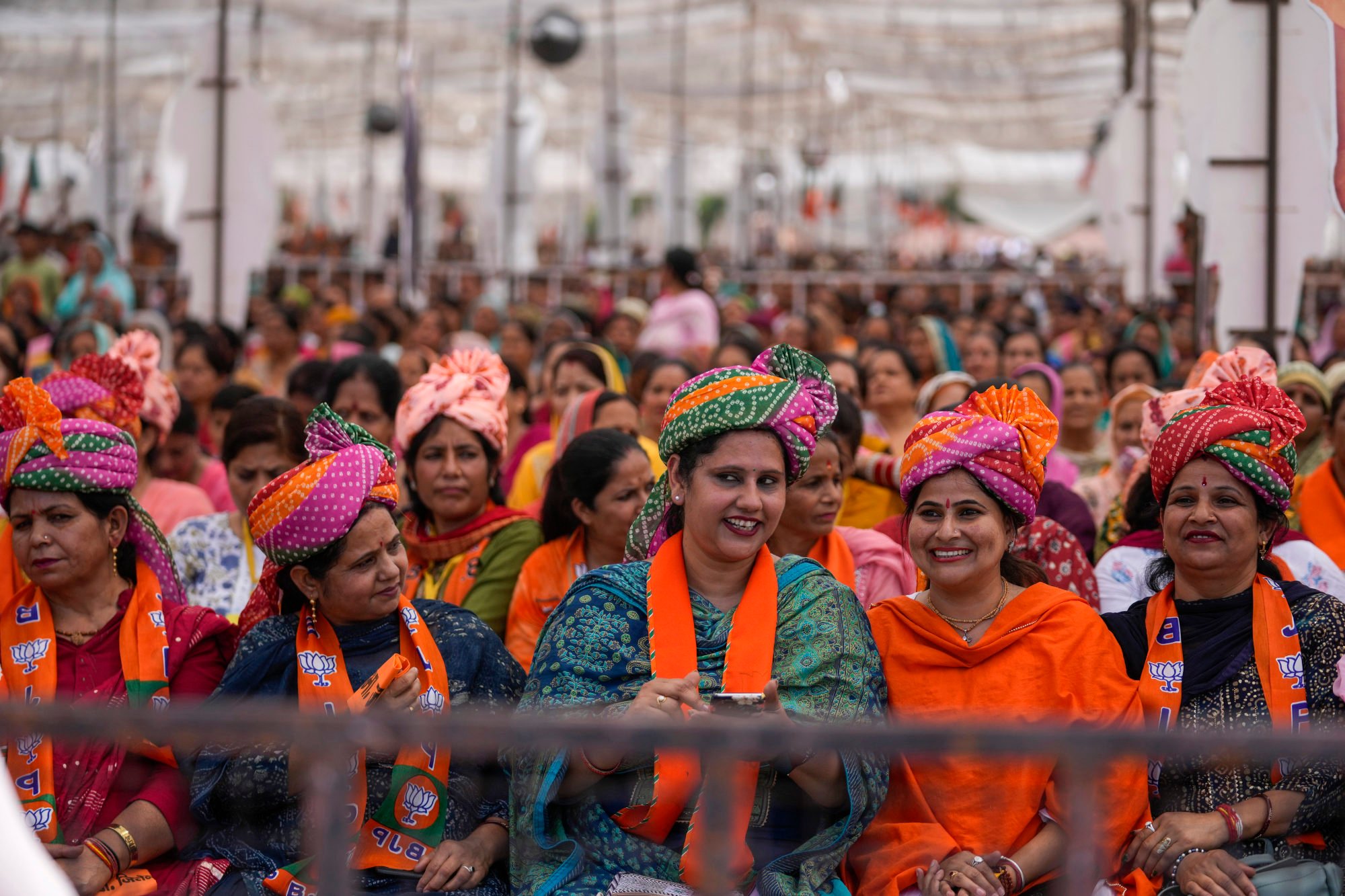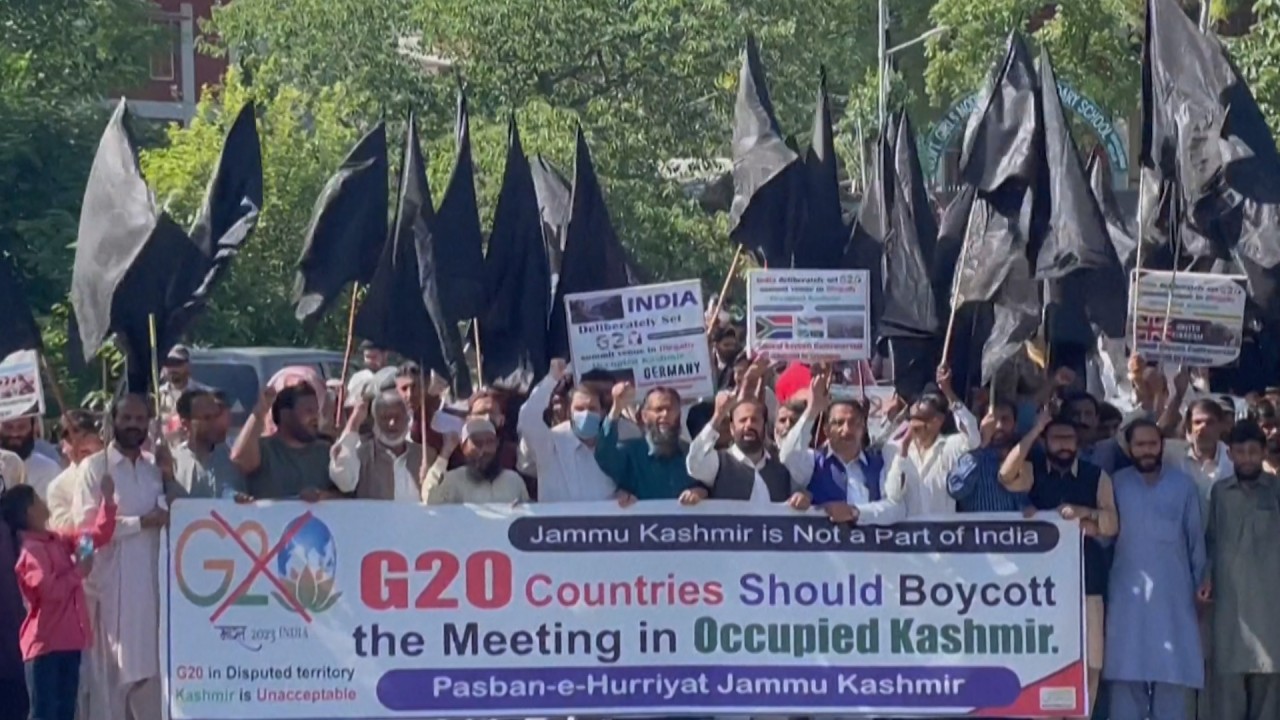Before the verbal brawl, Pakistan’s foreign affairs minister Ishaq Dar had expressed a desire to resume trade with India, even as Islamabad later backtracked from the statement.
Political pundits were optimistic that a thaw in long-standing tensions between India and Pakistan could come with a change of the guard in Islamabad.
Michael Kugelman, director of the Wilson Centre’s South Asia Institute, said that given both countries were facing significant challenges, Delhi and Islamabad had a strong interest in not allowing their relationship to worsen.
“I think we should look at this reaction in a rhetoric coming out of this Guardian report, it really is performative … [yet] reflecting a worsening relationship,” he added, cautioning that with the fragile ties and historical baggage between both sides, it would not take much for a new crisis to erupt.
Kugelman said India and Pakistan had imposed conditions on each other that made it difficult for both to agree to a resumption of formal dialogue.
Senior Pakistani journalist Hamid Mir, who first broke the story about Indian agencies’ hand in the killings in Pakistan in September 2023, told This Week in Asia that intelligence officials from both countries had been in contact with each other for a long time, hence the initial silence over the matter.

Mir said both sides had all along “never wanted to create a problem by speaking loudly against each other”, until August 2023 when a bomb blast in Islamabad outside the home of a militant leader became the wake-up call for Pakistanis.
Former Indian diplomat Anil Trigunayat said cross-border terrorism remained the main obstacle between India and Pakistan, “making significant changes in their relationship challenging”.
Trigunayat said tensions would only be quelled provided Pakistan offered assurance in stopping terrorism perceived to be emanating from its soil. “There definitely will be less tempers, provided there is some credible evidence to know that Pakistan is very serious in tackling the issue.”

Election effect
The new allegations come as India approaches its general elections on April 19. Pakistan is a sensitive issue in Indian politics, often exploited by politicians, especially from the ruling Bharatiya Janata Party (BJP), for nationalist gains.
Ajay Gudavarthy, an associate professor at the Centre for Political Studies, Jawaharlal Nehru University, told This Week in Asia there was a presumption that the BJP government was capable of generating a narrative around security issues during election time.
“Last time they made Pulwama [an] issue,” he said, referring to a 2019 incident in which 40 Indian soldiers were killed in a suicide attack in India-administered Kashmir. According to Gudavarthy, the BJP is already riding the mantra Ghar Mai Gus Kai Maregai, which means “will go to their safe havens and kill the terrorists”, with Modi invoking it in recent campaigns.
Gudavarthy noted, however, that sparking hyper-nationalism might not be as effective this time, pointing to a less optimistic electorate this time, on the back of a bonds scandal plaguing the government.
Can Shebaz Sharif thaw Pakistan-India ties as Kashmir remains sticking point?
Can Shebaz Sharif thaw Pakistan-India ties as Kashmir remains sticking point?
Senior journalist Mir also said Indian official Singh’s statement was a bid to cash in on issues ahead of the polls, while on the other hand Pakistan was in no position to make any peace breakthroughs.
“Recently, Foreign Minister Ishaq Dar hinted about trade with India, but it will be very difficult for him to move ahead after this expose. The timing of the story is very intriguing,” Mir said.
According to a joint statement issued by Pakistan’s Ministry of Foreign Affairs, after the end of Sharif’s tour, the two sides – Saudi Arabia and Pakistan – stressed the importance of dialogue between Islamabad and Delhi to resolve the outstanding issues between them, especially the Jammu and Kashmir dispute, to ensure peace and stability in the region.
However, Mir said Sharif “may not be able to oblige his Saudi friends in [the] near future”.


